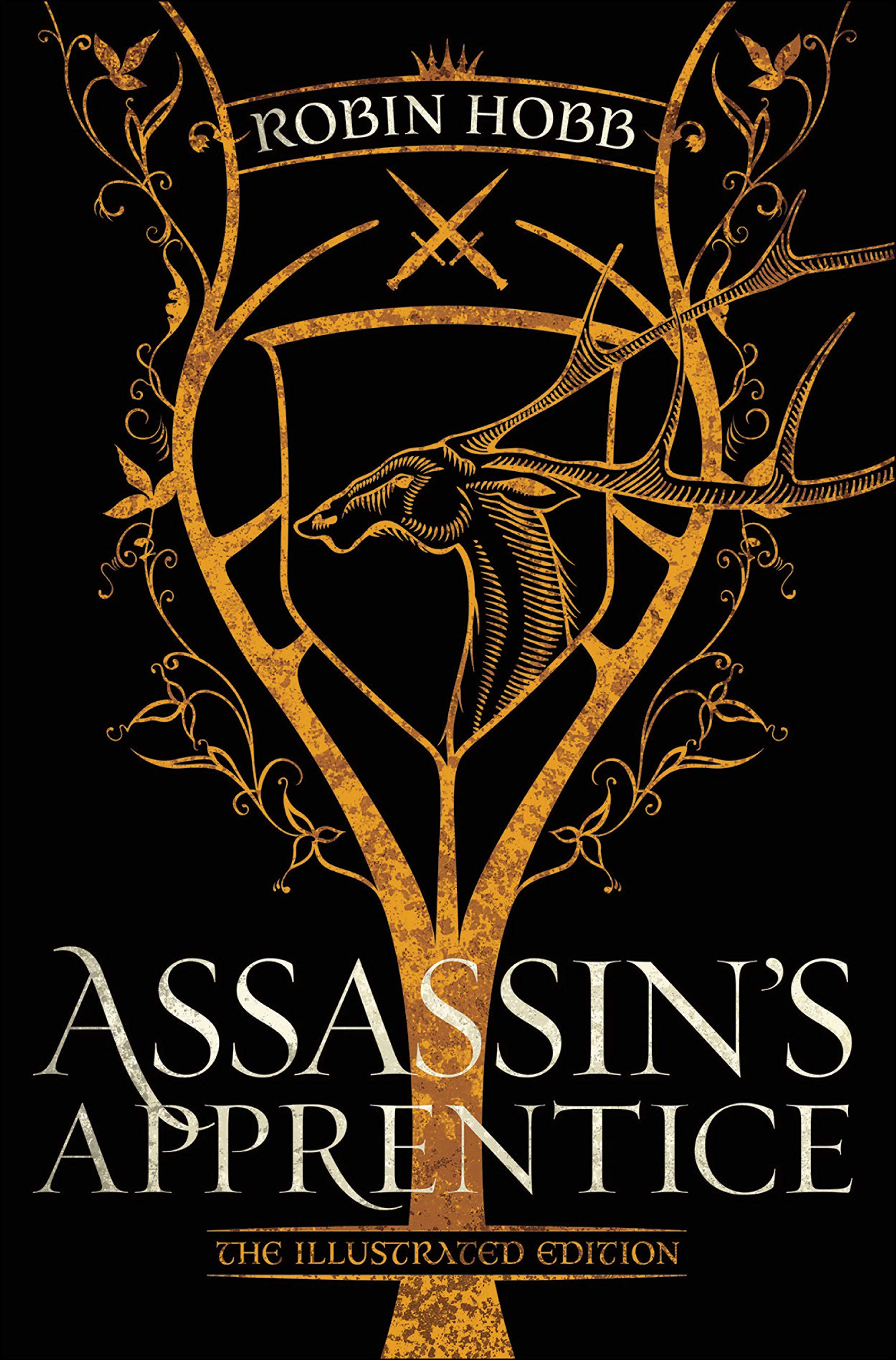Assassin’s Apprentice
A Sad Dog Book Disguised as High Fantasy
Gretchen Picklesimer Kinney

This fantasy novel is the opposite of escapism.
I would be lying if I said I enjoyed this book. In many ways, this book is a work of art. A heart wrenching, soul crushing, beautifully written, tragic work of art.
This fantasy novel is the opposite of escapism. Instead, the reader is trapped in a world where the main character (the “chosen one”) is broken psychologically, emotionally, and physically by the challenges he has to face.
Fitz is the bastard son of Prince Chivalry, the heir to the throne. As a bastard, Fitz is an outcast in the king’s court. Instead of being given all the luxury of a prince, he is raised by the kind yet gruff stable master, Burrich. For the most part, Fitz forgets his royal blood, instead spending his time caring for the animals and running amok with the children from the nearby village.
But King Shrewd has other plans for his illegitimate grandson. As he grows older Fitz enters a world of assassins and intrigue, and he must decide what role he will play in the future of the kingdom.
It’s also a sad dog book. Like, Old Yeller level sad. Fair warning. To make things even more heart wrenching, Fitz has a power that allows him to communicate and form emotional bonds with animals— this makes all the dog scenes even more heartbreaking, because you know exactly what the dogs are feeling when they’re in danger.
Most fantasy books have happy endings where you wait for a pay off and celebrate when it finally happens. Not this book. This book is the opposite of escapism. The narrative is framed as a much older, decrepit Fitz writes stories of his youth. From the beginning, we know tragedy is coming—we just have to wait to find out how and why. Any victory is outweighed by the heavy, heavy cost that Fitz has to pay with his own life and health.
Overall, this book is a powerful psychological examination of Fitz. There’s intrigue, betrayal, machinations—pretty much everything you could hope for in a fantasy novel. I believe in total, Hobb wrote 12 books in this universe. I read the Farseer Trilogy, but I had no desire to read the other side series. But I did look up how they ended on Wikipedia—so I guess I was somewhat invested in what happened to the characters.
I didn’t enjoy this book. I cried from start to finish. But I’m glad I read it.
If you enjoy deep, psychological fantasy that makes you think about the world and your place in it, this is the book for you. If you’re looking for a fun easy read where no dogs are harmed, look elsewhere.